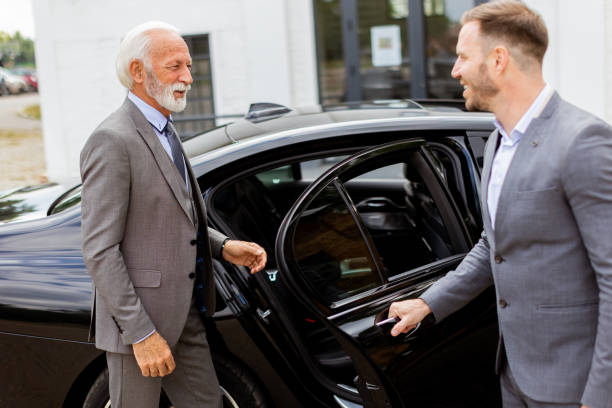Getting Ready for Kindergarten: Essential Tips for a Confident Start

Starting kindergarten is a big milestone in your child’s life, filled with excitement and sometimes a touch of nervousness. For parents, it’s a unique journey that often comes with mixed feelings as they prepare to send their little one off to a new environment, especially if it’s their first child in school. Here are some key ways you can help your child feel confident and ready for their new adventure.
Encourage Independence in Daily Routines
A child’s ability to manage simple tasks independently gives them confidence and a sense of self-sufficiency. Before the first day of school, encourage your child to practise daily routines like dressing, putting on shoes, and managing their own snack.
Practice using a lunch box or water bottle to make sure they’re comfortable with it. Small activities like packing a backpack or tidying up toys also help foster independence, allowing your child to feel capable and prepared to handle small responsibilities on their own.
Create a Positive Mindset Towards Learning
Building a love for learning early on can make a big difference in your child’s kindergarten experience. Rather than focusing solely on academic skills, emphasise curiosity, exploration, and asking questions.
Children often respond positively to learning when it feels like play. You might explore numbers, shapes, or letters through fun activities such as drawing or using building blocks.
Consider Early Childcare for Socialisation and Routine
Introducing your child to early child care can be a helpful way to prepare them for the social dynamics of kindergarten. Many families in the Orana region and beyond find that regular childcare or preschool attendance gives children the chance to socialise in a structured setting before starting formal schooling.
In these environments, children can practise the art of group play, learn to share, and understand how to communicate effectively with their peers. Centres offering childcare in Dubbo often follow routines similar to those in school, with set times for play, snack breaks, and rest, helping children adapt more smoothly to a school day structure.
Establish a Consistent Routine
Starting kindergarten is a change in routine, so gradually shifting into a school-friendly schedule can ease the transition. Begin by establishing regular bedtimes and morning routines in the weeks before school starts, including waking up at a similar time as on a school day.
A consistent routine allows children to anticipate what happens next, creating a sense of security. Even setting aside quiet time for reading or calming activities after lunch can simulate part of the school day, helping your child adjust to the structure they’ll experience in kindergarten.
Foster Emotional Awareness and Resilience
School brings new emotions, and having the tools to handle them can make all the difference. Encourage your child to express their feelings by acknowledging and naming emotions, such as “happy,” “nervous,” or “excited.”
Let them know it’s okay to feel a range of emotions about starting school. Practising basic calming techniques like deep breathing or using a favourite comfort item, such as a small toy, can also provide reassurance in moments of uncertainty.
Teach Basic Self-Care Skills
While teachers are there to assist, children benefit from knowing a few essential self-care skills, which also promote independence. Make sure your child knows basic hygiene routines, like washing hands after the bathroom and covering their mouth when they sneeze.
Practising bathroom independence at home, including dressing skills, can help avoid any anxiety in new situations. Teaching them how to ask for help if they need it is equally important. Reinforce that there are always adults around who want to help, creating a safe space for them to express their needs confidently.
Reinforce the Idea of a Supportive Network
Kindergarten isn’t just about academics. It’s also about discovering that school is a safe, supportive space where children can grow and learn. Reinforcing that teachers, school staff, and friends are all there to help creates a positive outlook and encourages your child to trust their environment.
Share stories about your own school experiences, highlight the fun they’ll have, and remind them that you’ll be there at the end of each day to hear all about it. This reassurance helps children feel connected and supported as they take this big step.
Conclusion
Preparing for kindergarten is about equipping your child with confidence, curiosity, and independence. With these steps, you’ll be helping them build the foundations they need to approach school with enthusiasm, making their kindergarten experience a positive and empowering start to their education journey.










